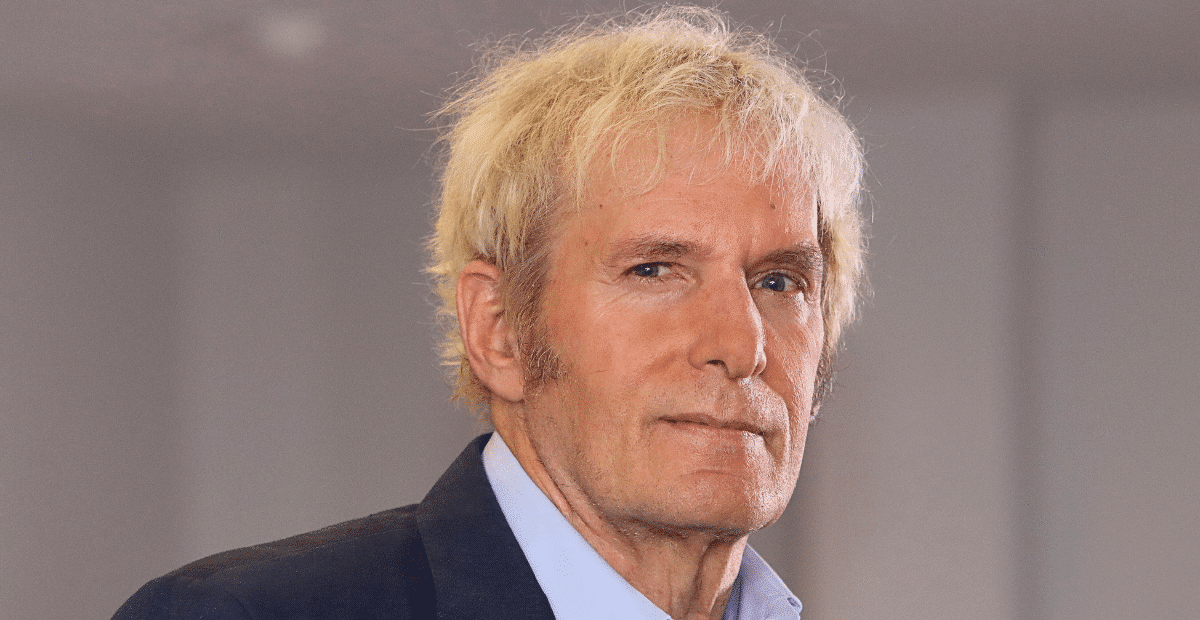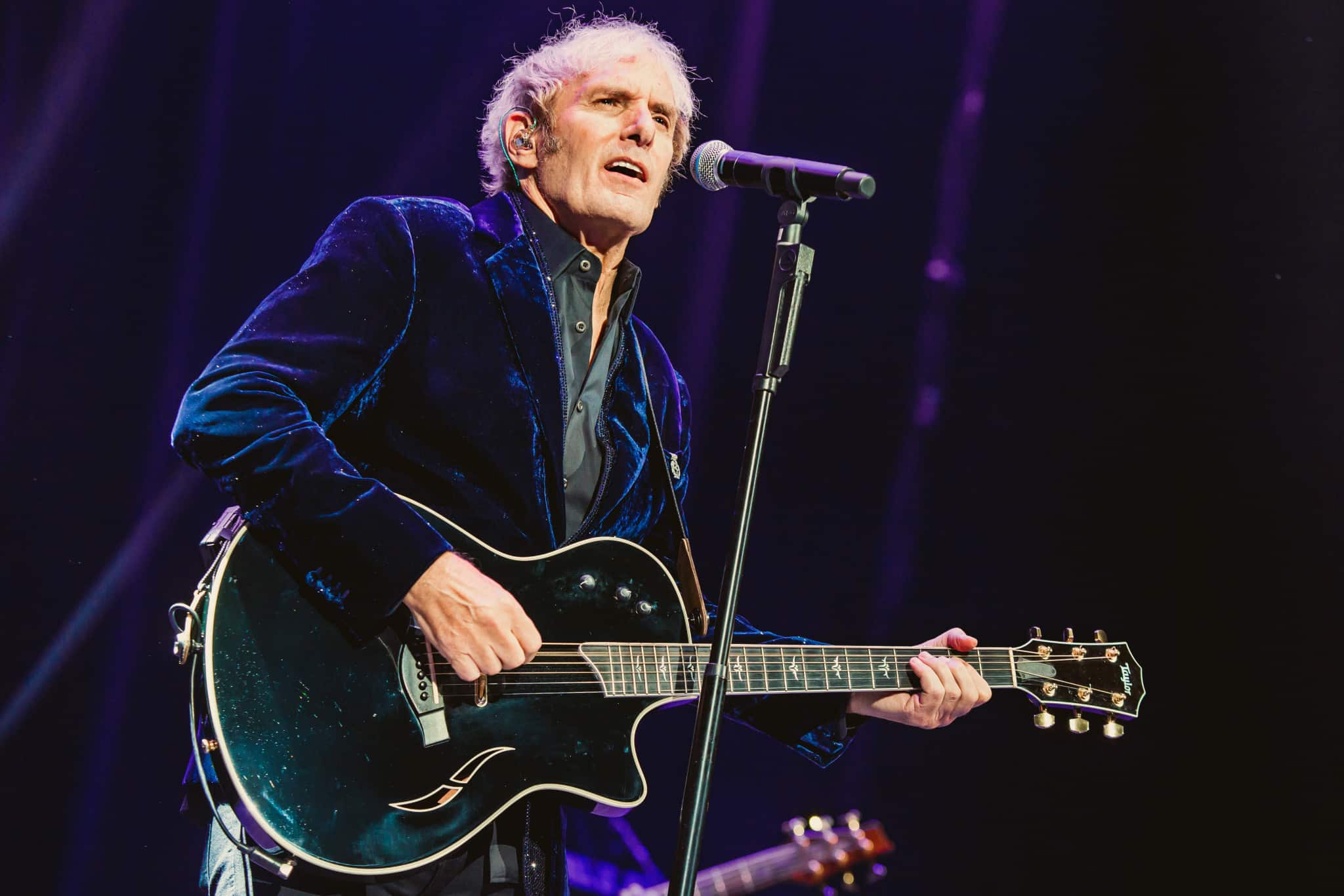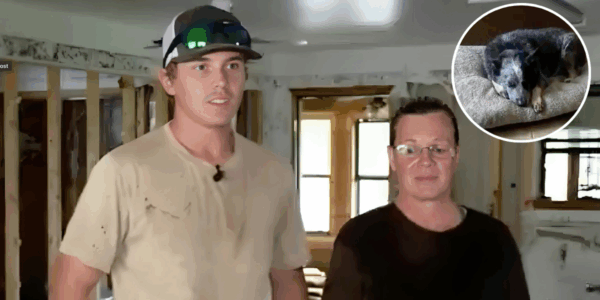Michael Bolton Reveals Brain Tumor Diagnosis And ‘Immediate Surgery’
on Jan 08, 2024

Michael Bolton opens up after undergoing brain tumor surgery that led him to take a “temporary break” from his tour.
The two-time Grammy Award-winning singer and songwriter shared on social media that he underwent a successful emergency brain surgery before the holidays.

In a heartfelt note to fans on Friday (Jan. 5), Bolton revealed that he was recently diagnosed with a brain tumor and will be taking a break from the stage to focus on his recovery.
“Just before the holidays, it was discovered that I had a brain tumor, which required immediate surgery. Thanks to my incredible medical team, the surgery was a success,” the singer, 70, wrote on Instagram.
The “How Am I Supposed To Live Without You” singer didn’t disclose if the brain tumor was cancerous or not, nor did he suggest a specific reason behind the urgency of the surgery in this case.
“It is always the hardest thing for me to ever disappoint my fans or postpone a show, but have no doubt I am working hard to accelerate my recovery and get back to performing soon,” Bolton expressed, acknowledging his fans for their “love and support” over the years.
View this post on Instagram
According to the American Brain Tumor Association, brain tumors can affect “people of all ages, races, ethnicities, and genders,” and more than 1.3 million Americans are “living with a primary or secondary/metastatic brain tumor today.”
Due to the brain’s crucial role in regulating both voluntary and involuntary bodily functions, the presence of a brain tumor can impact various physiological systems and cognitive functions.
Bolton, who released his first album nearly 50 years ago, further shared that “For the next couple of months, I will be devoting my time and energy to my recovery which means I’ll have to take a temporary break from touring.”
Dr. Leah Croll, a neurologist at Temple University, told Good Morning America that “After a brain surgery, the recovery happens over weeks to months. For most people, it’s going to involve some kind of combination of physical therapy, occupational therapy, and speech therapy, depending on what their individual needs are.”












